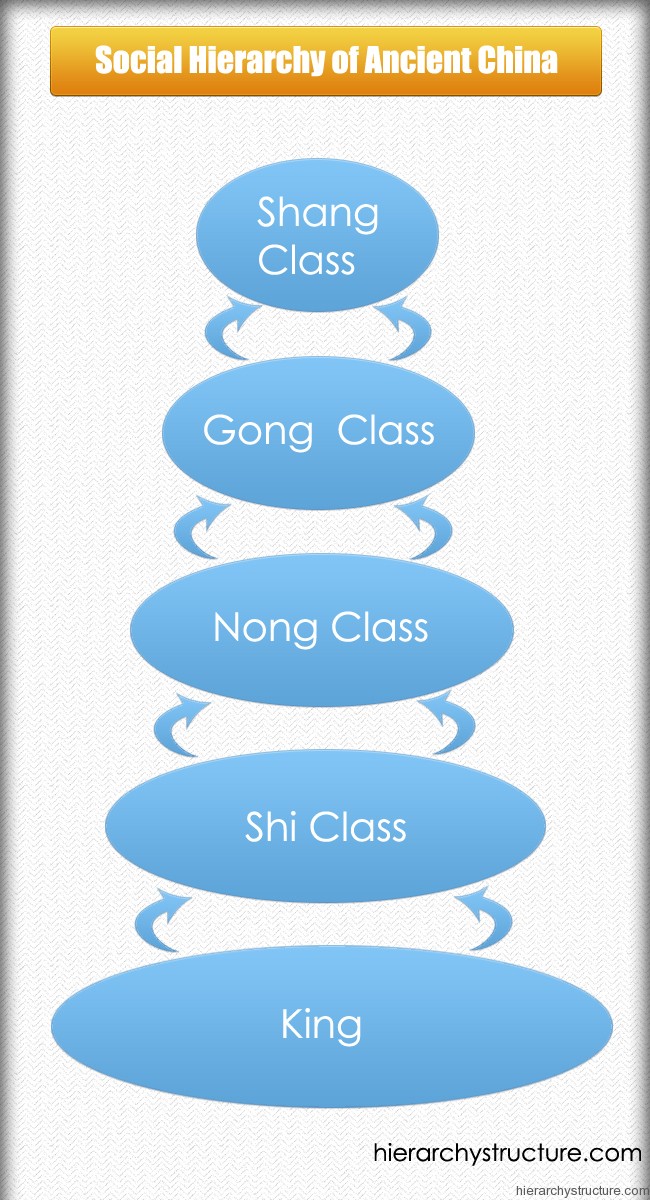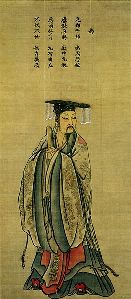Research
While doing my research the two most important things I have learnt are
~That there were more than five hundred Emperors in China and they believe they were chosen by the gods.
~ That The Great Wall of China was used for defense and that at one point a country managed to get over The Great Wall.
I am grateful that I get to learn about what happened and China and that I get to share my information with other people around the world. This unit has made me understand more about the culture and lifestyle of Modern and Ancient China.
I used think that The Great Wall of China was only for people to walk along and that it was made over a long period of time but now I think that it was actually used for defense and that lots of people died because the Emperor the wall built quickly.
Collaboration Project

Throughout the next few weeks I will be interacting with students and teachers from all around the world. Most of the people are either from China, New Zealand, Australia or America. I think this is a great way to learn to talk to people over a computer screen and discover things about different cultures. The group that I am in is focusing on the water conservation in China. Even though we are trying to focus on the water conservation in China lots of people have shared what is going on in their country or city. I believe this is very interesting and is good knowledge for future reference.

To communicate with the people all around the world we are using lots of apps and websites but the main one is Edmodo. Edmodo is a really good app when you are communicate with people from other schools or when at home with people from school. Even though I have used this app previously I ma still learning different things about it.
Here is an image of some of the responses I have sent on Edmodo!
Overall Unit
Even though I have only be doing this for a few weeks there are a few things about doing this sort of unit that I thought you might want to hear about.
~Organisation: Doing these blogs every week and keeping up with this project can be pretty hard because I still have other school work and I also want some free time to play sports and do things that I like. I think even though its a lot to handle I am getting it done pretty well.
~ The new skills that I have learnt while doing this unit will definitely help me in the future.
In the next few weeks I may add things to this blog about the things I have learnt.
I hope you have enjoyed reading!

 Festivals- We also told them that in Australia, Adelaide is considered is considered the festival state. They asked what sort of festivals we had and if they were for all ages. Some of the questions they asked about the festivals of Adelaide were a bit hard to answer as some of the things they said meant different things to what we thought.
Festivals- We also told them that in Australia, Adelaide is considered is considered the festival state. They asked what sort of festivals we had and if they were for all ages. Some of the questions they asked about the festivals of Adelaide were a bit hard to answer as some of the things they said meant different things to what we thought. Celebrations- One of my fellow students actually asked this question and I thought I would share it as I found it very interesting. Different celebrations that Americans have compared to Australians include:
Celebrations- One of my fellow students actually asked this question and I thought I would share it as I found it very interesting. Different celebrations that Americans have compared to Australians include: ~They have indepent day instead of Australia day.
~They have indepent day instead of Australia day.










